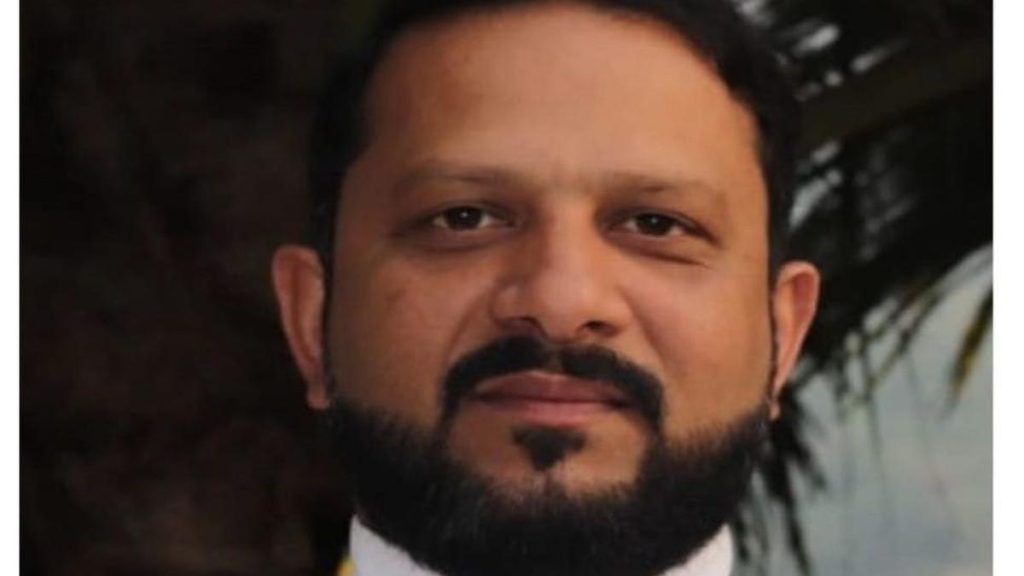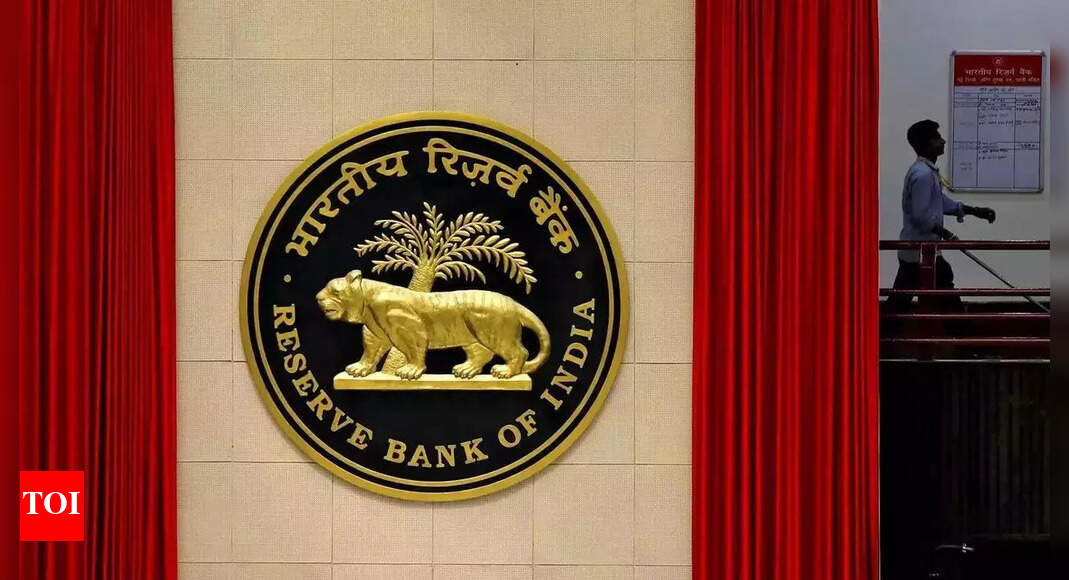Now Reading: Whistleblower IAS Officer Khemka Retires After 57 Transfers and Marginal Roles
-
01
Whistleblower IAS Officer Khemka Retires After 57 Transfers and Marginal Roles
Whistleblower IAS Officer Khemka Retires After 57 Transfers and Marginal Roles

Speedy Summary
- Haryana bureaucrat Ashok Khemka retired on Wednesday after a career marked by 57 transfers adn mostly “inconsequential” roles.
- Khemka gained prominence in 2012 for cancelling teh controversial Gurgaon land deal involving Congress leader Priyanka Gandhi Vadra’s husband, Robert Vadra, and realty firm DLF, citing alleged irregularities.
- Despite BJP flagging the Vadra-DLF case as a corruption symbol during its 2014 elections campaign against UPA, Khemka did not receive notable assignments under Congressional or BJP governments.
- Over his career, he worked in departments like archaeology and museums but was appointed additional chief secretary of transport last december under Haryana minister Anil Vij.
- khemka’s role as an alleged whistleblower attracted criticism; his frequent transfers were described by him as being “not in public interest.”
- In past letters to officials such as ex-CM Manohar Lal Khattar,he protested what he perceived to be mistreatment and urged better governance practices.
- Following retirement, Khemka plans to begin practicing law after obtaining an advocate license from the Bar Council.

Indian Opinion Analysis
The career trajectory of Ashok Khemka reflects systemic challenges within India’s bureaucracy-where meritocracy can often collide with political considerations. Known for his integrity and whistleblowing efforts on matters like the Vadra-DLF land deal, his lack of substantive assignments signals structural issues in how bureaucratic efficiency is rewarded or penalized. With 57 transfers, many reportedly due to disagreements over governance models or political involvement rather than administrative need, it highlights concerns regarding job security for officers acting independently.
Khemka’s statement about governance becoming “a business” raises significant questions about India’s institutional mechanisms ensuring accountability while safeguarding those who bring irregularities into light. His post-retirement plan to pursue advocacy might empower him with new ways to address these systemic concerns outside official frameworks-a move worth observing for broader implications on governance reforms within India.



























